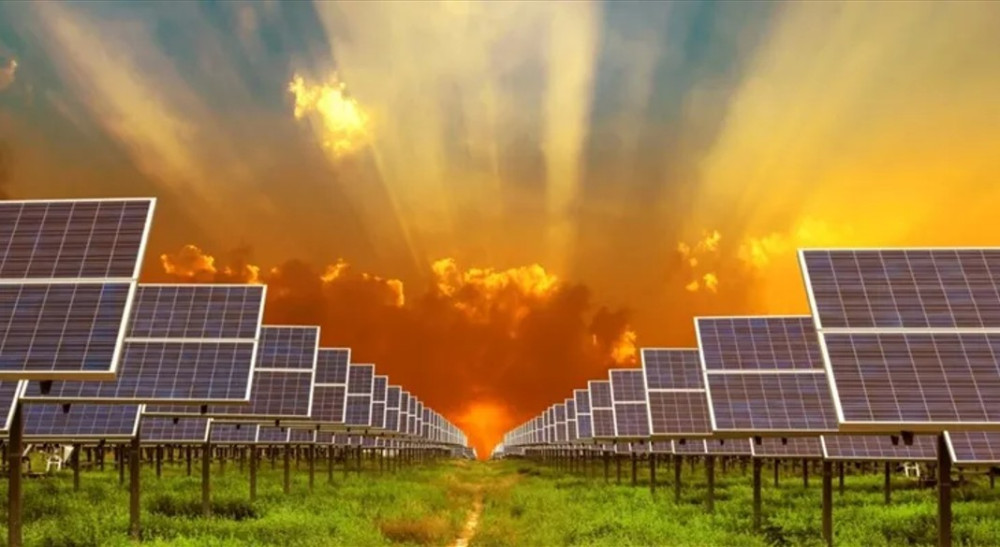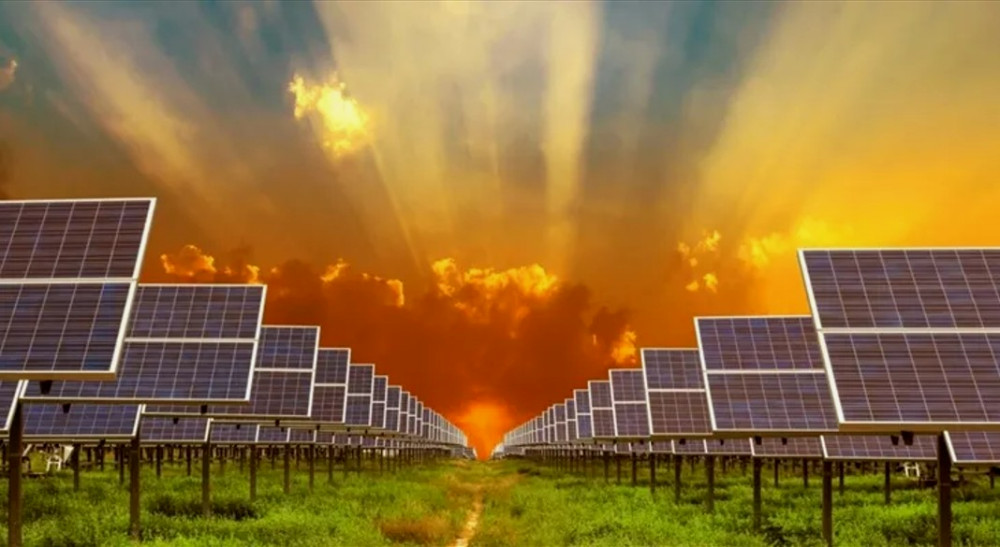This week, Meta signed contracts to supply nearly 1 gigawatt of solar energy, marking a significant step in meeting the increasing energy demands of its data centers and artificial intelligence initiatives. Since 2025, the company has secured over 3 GW of solar energy. This is reported by TechCrunch.
Solar energy has become a key resource for tech corporations due to its relatively low construction costs and quick deployment. This makes it an optimal choice amid the rapid growth of data centers.
On October 27, Meta announced an agreement to purchase 600 megawatts of electricity from a large solar power plant located in Texas. The facility is expected to be operational by 2027. Although it will not be directly connected to the company's data centers, the generated energy will feed into the local grid, offsetting consumption at these sites.
By October 30, the company announced two contracts in Louisiana for the acquisition of environmental attributes totaling 385 megawatts. These projects are expected to complete in two years. In this case, it pertains not to the physical supply of energy but to the purchase of certificates that allow the company to account for the use of renewable “green” energy instead of fossil fuels.
Such certificates, known as Environmental Attribute Certificates (EACs), emerged many years ago when renewable energy was more expensive than traditional sources. They enabled companies to cover the additional costs associated with renewable energy and encouraged the development of similar projects.
However, the current costs of solar and wind generation have significantly decreased, prompting experts to question how effectively EACs contribute to the creation of additional renewable capacities.
Experts emphasize that if companies aim to offset the increase in energy consumption driven by artificial intelligence growth, they must invest in creating new renewable facilities rather than merely purchasing certificates.

